Water Retention
There are numerous causes of water retention in women. Some of them are connected to dietary regimes and others are actually a consequence of certain medical conditions. It is well known that women tend to retain water during premenstrual syndrome.
Additionally, a diet rich in salt can be a significant contributor to water retention not only in women but also in men. The problem of water retention can be solved only after the exact cause has been established.
Diseases and Water Retention
Certain heart and kidney conditions cause water retention. It occurs in chronic heart and kidney failure. The patient develops edema of the extremities, especially the legs.
In some women poor circulation in the veins of legs leads to accumulation of the fluid and consequent swelling. Pregnant women and those who are suffering from varicose veins are more prone to water retention and swelling of the legs and ankles.
And finally, retention of water can be caused by insufficient drainage of the lymph. If lymph drainage of the legs is not adequate the woman eventually develops lymphedema. This condition particularly affects women who have undergone surgical removal of the inguinal lymph nodes mostly due to carcinoma of reproductive organs. Lymphedema can also affect bedridden patients and those who are in wheelchairs.
Food
Intake of too much salt results in increased water retention. Namely, absorption of water is increased in the presence of excessive amounts of sodium. Salty food increases the intake of water because people are thirsty and this water is consequently retained in the body.
Hormones and Medications
Water retention can be also induced by certain hormones. Insulin is the only hormone that can lead to excessive amounts of water in the body. Apart from insulin cortisone can also increase the amount of water and reduce its elimination. In women estrogen and progesterone regulate the amount of water in the body and can also lead to its retention.
- Ovulation was documented by quantitative basal temperature analysis, and serum estradiol and progesterone levels were available from initial and final cycles.
- Fluid retention scores (on a 0–4 scale) peaked on the first day of menstrual flow (mean ± SE : 0.9 ± 0.1), were lowest during the mid-follicular period, and gradually increased from 0.22 ± 0.05 to 0.50 ± 0.09 over the 11 days surrounding ovulation.
- Mid-cycle, but not premenstrual, fluid scores tended to be lower in anovulatory cycles (ANOVA P = 0.065), and scores were higher around menstruation than at midcycle (P
- Neither estradiol nor progesterone levels were significantly associated with fluid retention scores. The peak day of average fluid retention was the first day of flow.
Some medications can indirectly lead to water retention since they increase the level of hormones which can increase the amount of water in the body. They include birth control pills and some painkillers.
Toxins
Certain toxins that are ingested such as pesticides accumulate in a specific form of fat called cellulite. Water retention can be in this case explained by irritation of this fat by accumulated toxins. On the other hand, the body may try to dilute the accumulated toxins and this can be another explanation for water retention.
Obesity
Obese people are prone to water retention. Even if they try to lose weight they can accumulate water. This can be a cause of low-fat diets. Namely, in low-fat diets a person may not eat sufficient amounts of proteins, their presence in the blood is decreased and the result of hypoproteinemia is water retention and edemas.
Histamine
Histamine is a chemical compound that can also cause water retention. It influences capillaries to widen and this leads to the excessive leak of proteins and water. Accumulation of proteins and water results in swelling.


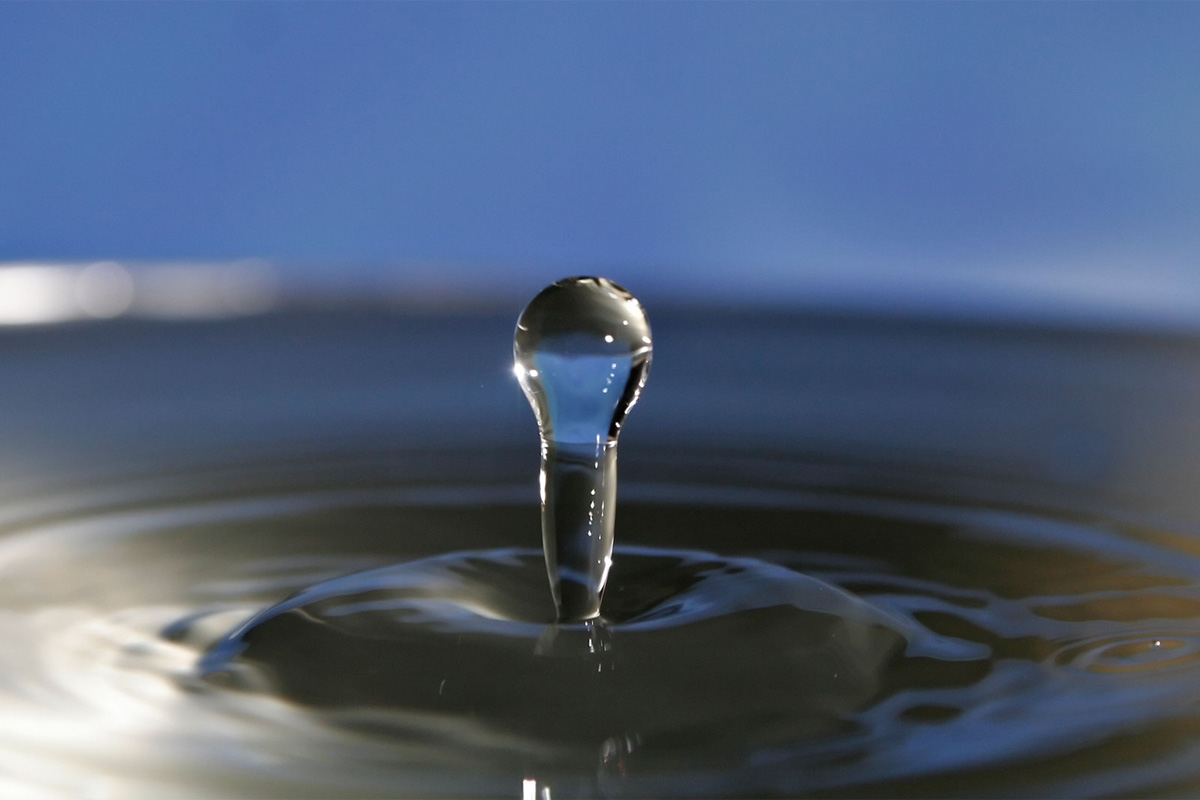

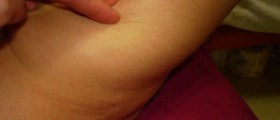


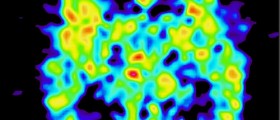
_f_280x120.jpg)
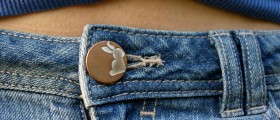
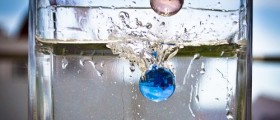
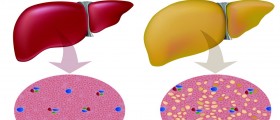
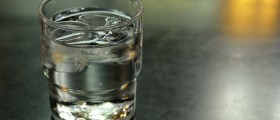
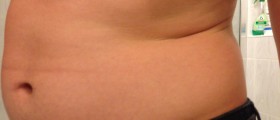
_f_280x120.jpg)



Your thoughts on this
Loading...